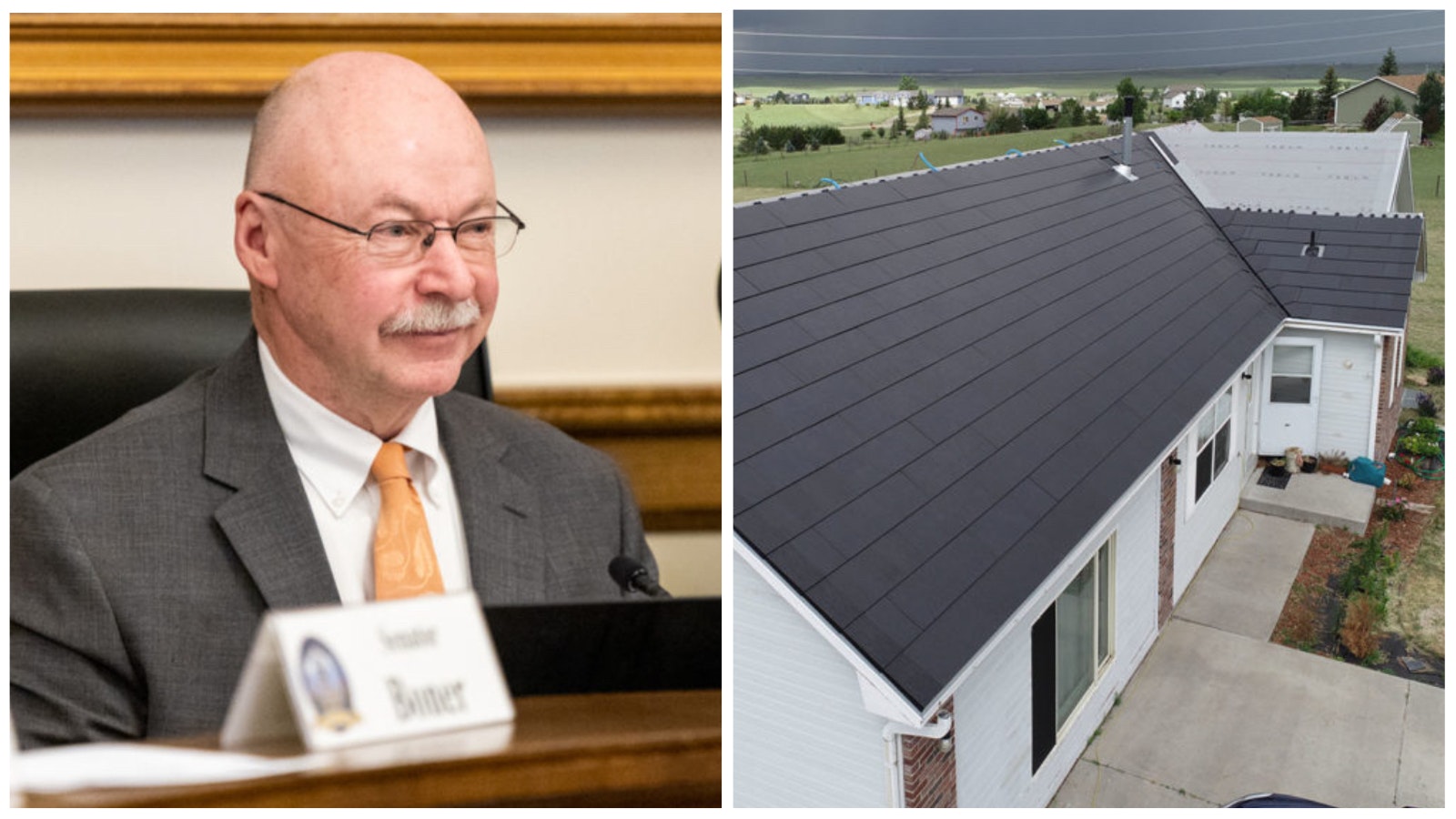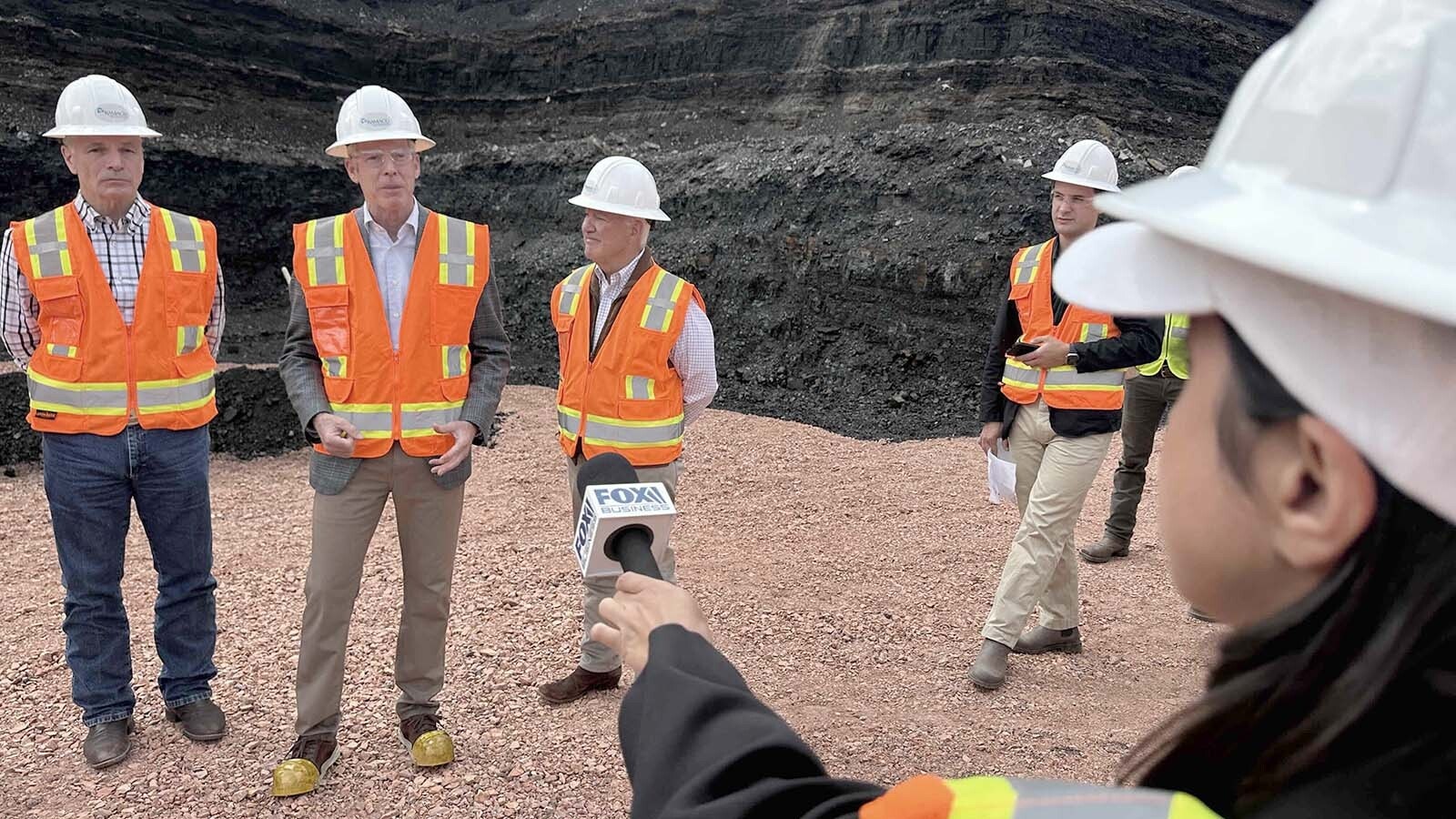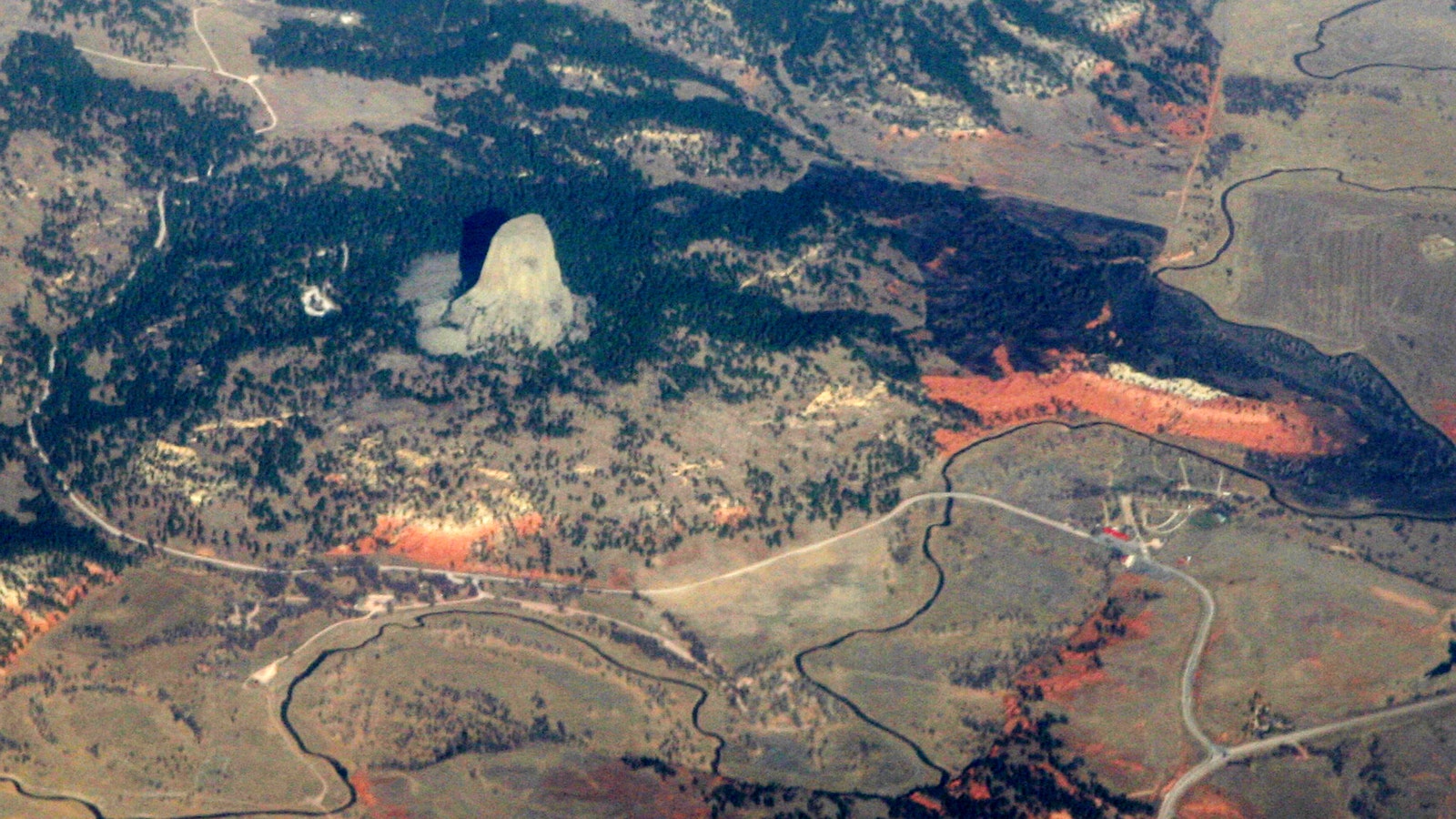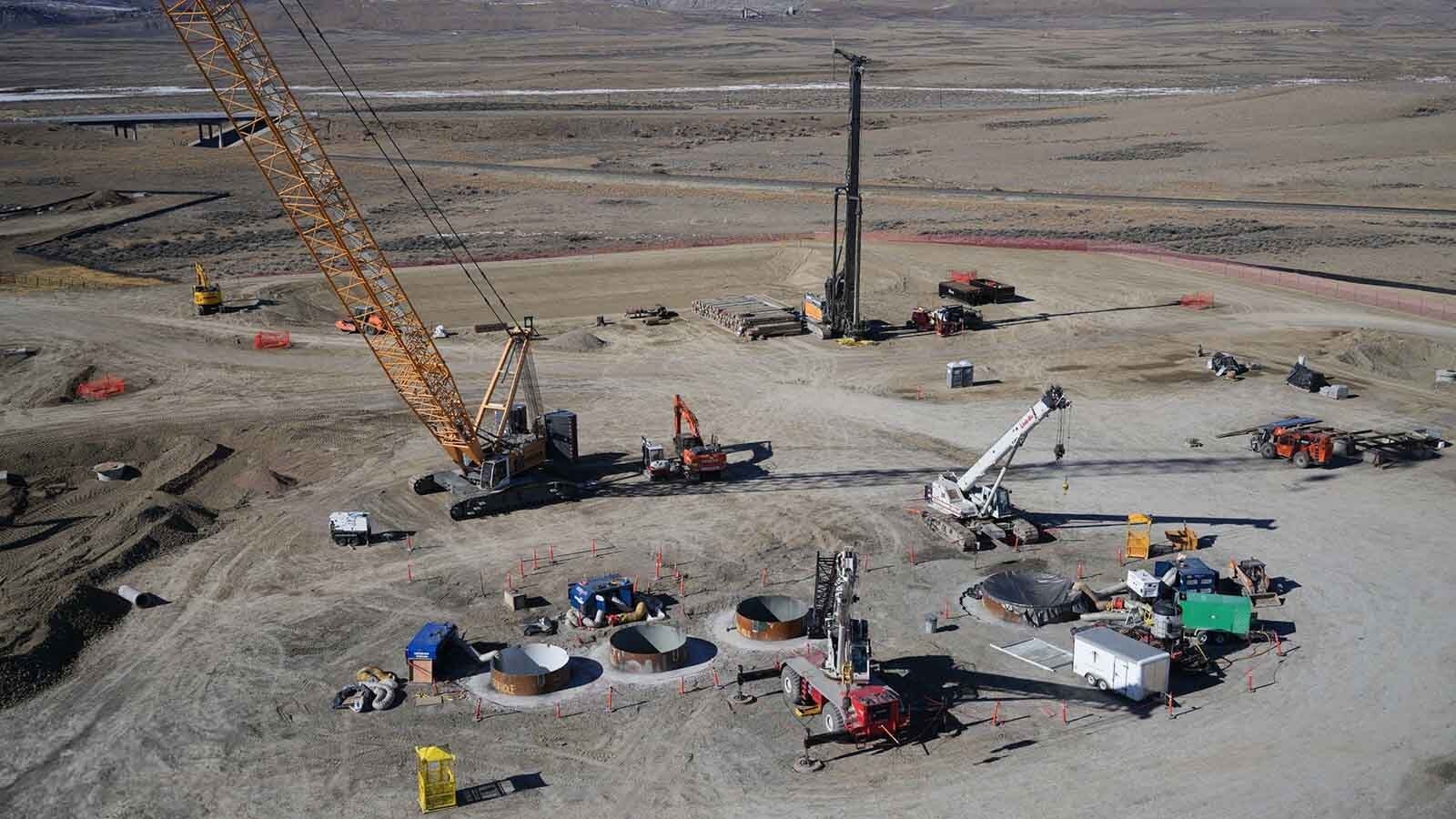Sen. Cale Case, R-Lander, has introduced a bill to the Wyoming Legislature that would repeal net metering, which allows people who produce excess electricity from their rooftop solar panels to sell to a utility at a retail rate.
Those who do it receive a credit on their utility bills.
No Obligation
Senate File 92 would make it so no utility would be obligated to compensate any “small customer-generator” for the electricity they produce with their solar panels.
Also, the Wyoming Public Service Commission would determine rates, terms and conditions that home electricity producers would be compensated for the excess electricity they sell back to the grid.
The bill contains a grandfather clause, and should it pass the full Legislature, people who have net metering agreements prior to July 1, 2024, would be exempt from the law for 15 years.
Subsidizing Solar
Case told Cowboy State Daily he introduced the bill because the state’s net metering program pays retail rates for rooftop solar, which are higher than the wholesale rates that large-scale solar farms offer.
Overall, it makes energy in the state more expensive, he said. Utilities end up sometimes curtailing cheaper energy sources because they’re required to take energy produced by small customer-generators.
In this way, Case said utility customers in Wyoming are subsidizing rooftop solar panels, and it’s at the expense of poor and disadvantaged people in the state.
“There’s people who are elderly or they live in apartments and they can’t avail themselves of the subsidies for solar,” Case said. “They end up contributing to subsidies for solar.”
Bigger Not Better
Shannon Anderson, attorney with the Powder River Basin Resource Council, told Cowboy State Daily that the up-front costs to buy and install solar panels are paid for by the customer, not the utility.
“So everything is on their end,” Anderson said.
She said rooftop solar provides electricity production for the state without building solar farms that can impact land for recreation and agriculture.
“Bigger is not always better, even though it is often cheaper,” Anderson said.
Not A Problem
Anderson also said that SF 92 is trying to fix a problem that doesn’t exist.
The policy has been in place for decades, and there are no consumer groups, for example, pushing for it to be repealed, she said.
With that in mind, “Who is this bill being done for?” Anderson asked.
The PRBRC and Wyoming Outdoor Council, both nonprofit conservation groups, today sent out a list of talking points against the bill to their members and the media.
Net metering, according to the talking points, accounts for less than 1% of retail electric sales in Wyoming. There’s about 10 megawatts of net-metered capacity in the state.
“It’s a really small percentage of homes and businesses that have solar right now in the state,” Anderson said. “It’s definitely a growing industry, and it has the potential to grow a lot more. But we need that regulatory certainty … to be able to do that.”
Protecting Investments
The bill’s opponents also are concerned that people who have made investments in rooftop solar were counting on net metering to help them realize a return on that investment.
Case said the 15-year grandfather clause is “very generous.”
“How bad is your investment if you don’t make it back in 15 years?” Case said.
The people who have invested in rooftop solar panels, Case said, are wealthier people who can afford to put down $20,000 for a solar system that won’t pay for itself for decades.
“We’re underwriting what is, in essence, a poor investment on their part, for 15 years,” he said. “They ought to be happy with that and take it.”
Inefficient Energy
Case also was critical of the concept of small home-energy producers as a renewable energy policy.
He compared it to trying to manufacture planes in a war by having people build them in their own barns.
“We shouldn’t use this very inefficient way to get more solar energy on the grid,” he said. “I have seen a lot of snow-covered panels in the last couple of weeks.”
The Outdoor Council and the PRBRC say that the bill, if it passes, would hurt a vital industry that is diversifying the state’s economy.
Using data from a 2022 study by the Solar Energy Industries Association, they estimate in materials opposing the bill that it would impact 12 solar businesses in the state, along with 152 jobs in the solar industry.
Energy Freedom
Clair Deuter, with the PRBRC, said the bill is oppositional to energy freedom and they want to protect that.
“People really enjoy having the option to choose solar, and with that comes energy independence, which is a really important aspect of this,” Deuter said.





